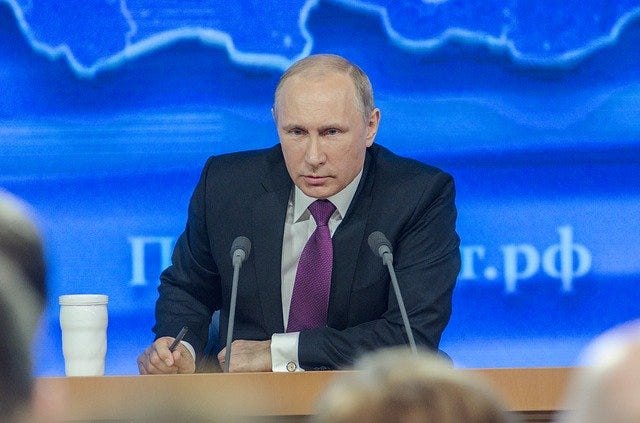'The Future is Dead': Putin Starts a Fraternal War With Ukraine

"For many years now we have met Germans who declare that they are ashamed of being Germans. I have often felt tempted to answer that I am ashamed of being human," wrote the Ger…

"For many years now we have met Germans who declare that they are ashamed of being Germans. I have often felt tempted to answer that I am ashamed of being human," wrote the Ger…